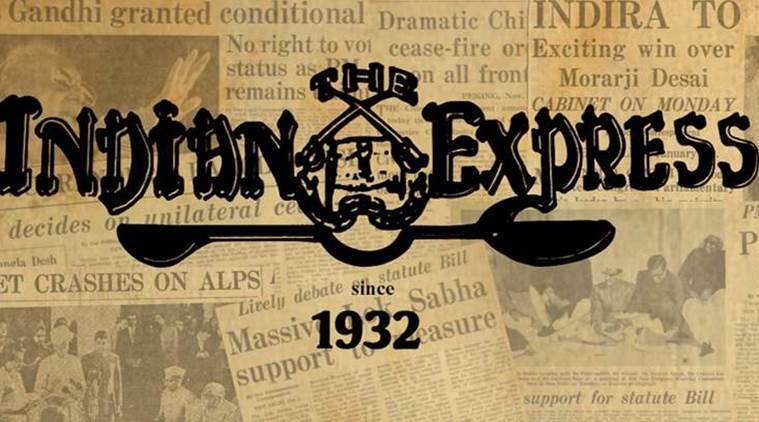 Bhutia’s discomfort is representative of the alienation that has defined relations between the non-Bengali population in the Darjeeling Hills and the political mainstream of West Bengal.
Bhutia’s discomfort is representative of the alienation that has defined relations between the non-Bengali population in the Darjeeling Hills and the political mainstream of West Bengal.
While announcing the formation of a new political party last week Bhaichung Bhutia, the footballer turned politician, spoke about the “outsider” tag that haunted him in the Trinamool Congress. Bhutia, who had fought and lost the 2014 Lok Sabha election and the 2016 assembly election as a TMC candidate, said this was despite him making his name as a footballer in West Bengal. Bhutia’s discomfort is representative of the alienation that has defined relations between the non-Bengali population in the Darjeeling Hills and the political mainstream of West Bengal. In the case of Bhutia, his outsider status in a predominantly Bengali party was complete when he backed the agitation for a separate hill state demand that the TMC government in Kolkata had vehemently opposed. In February, he resigned from the TMC and has now chosen to reinvent his political career in Sikkim.
The trajectory of Bhutia’s political career underlines the centrality of ethnic, linguistic and even religious identities in public life in the Northeast. Even the secular and inclusive identity of a sportsperson seems insufficient to subsume other, exclusive and divisive categories that shape politics in the region. In a way, it exemplifies a failure of the political imagination that is unable to foreground matters of governance over issues of identity. Hamro Sikkim would, hopefully, force a shift in the political idiom, at least in Sikkim: Bhutia has listed corruption, unemployment, high suicide rates, and drug and alcohol dependency among the youth as some of the issues his party intends to take up. Electoral politics in Sikkim has been dominated for the past three decades by the Sikkim Democratic Front (SDF) and its leader, Pawan Kumar Chamling. Since its formation in 1993, the SDF has swept every assembly election in the state — Chamling, chief minister since 1994, is now the longest serving CM in the country. The SDF, which had won all 32 assembly seats in the 2009 assembly election, bettering its 2004 record of 31, had lost 10 seats to the Sikkim Krantikari Morcha, a one-year-old party, in 2014. However, seven of the Morcha MLAs defected to the SDF, leaving the state without a credible opposition. Such extended dominance of a single political party and a leader does not suggest a healthy democratic culture.
Whether Bhutia’s iconic status as a footballer is sufficient to compete with a seasoned politician like Chamling is anybody’s guess. Barring Jaipal Singh Munda, who captained India’s gold-winning hockey team at the 1928 Olympic Games and later, founded the Adivasi Mahasabha and Jharkhand Party, no sportsperson has been successful in building a political career independent of established parties. The memory of an exceptionally skilled forward in an underperforming team, hoodwinking his opponents to score goals, could serve Bhutia well as he embarks on his new career.